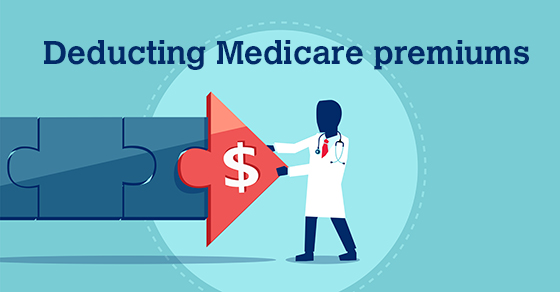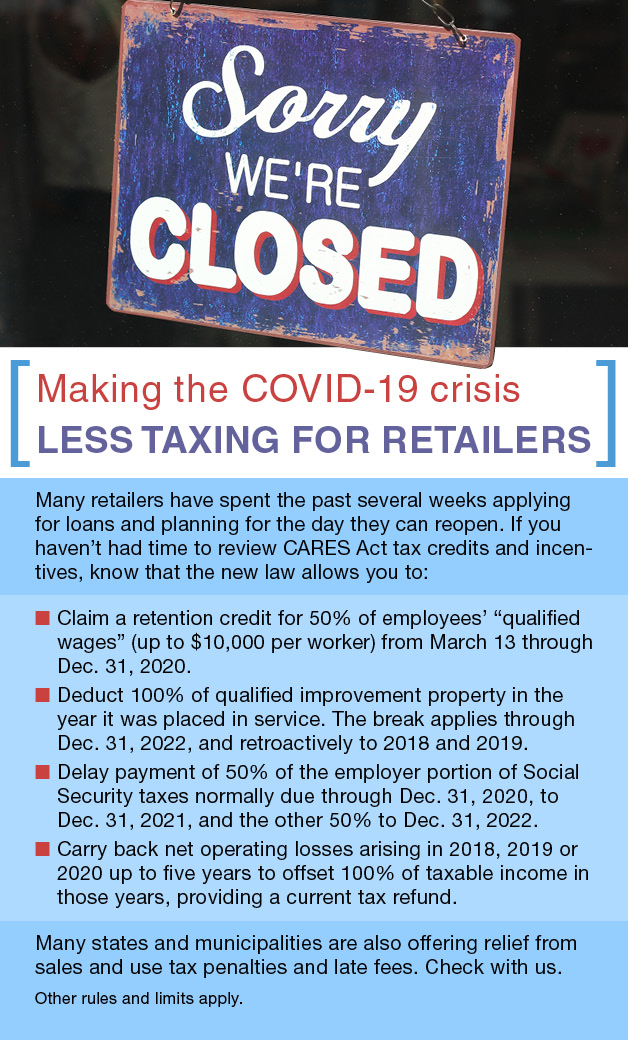
If you’re age 65 and older, and you have basic Medicare insurance, you may need to pay additional premiums to get the level of coverage you want. The premiums can be costly, especially if you’re married and both you and your spouse are paying them. But there may be a silver lining: You may qualify for a tax break for paying the premiums.









